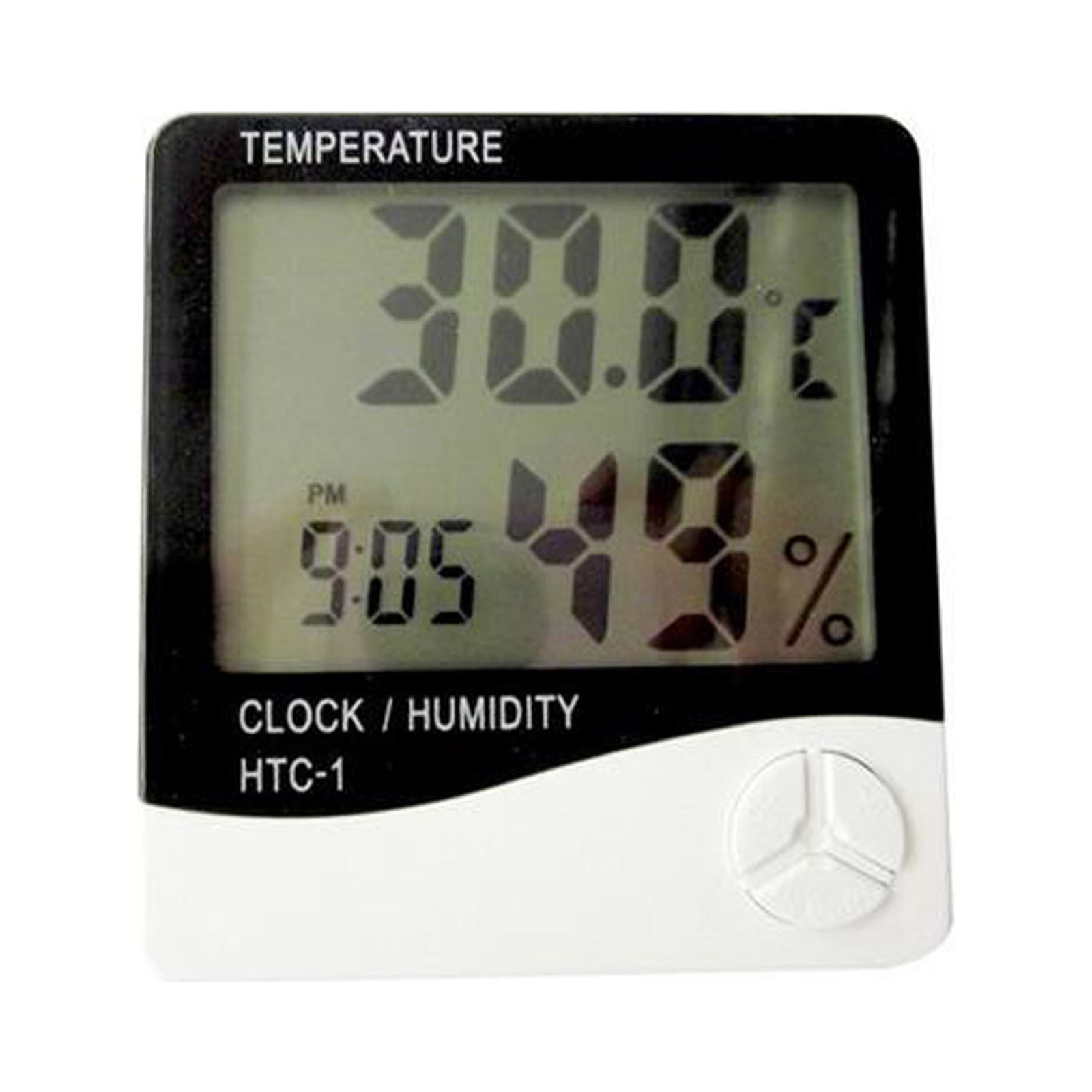
In a world increasingly driven by technology, measuring humidity may seem like a straightforward task best suited for modern digital devices. However, the humble analog hygrometer has maintained its presence in various fields, from meteorology to indoor gardening. This article will delve into the nuanced differences between analog and digital hygrometers, examining their functionalities, advantages, and drawbacks to help you determine which is the best choice for your needs. hygrometer analog vs digital.
Understanding Hygrometers
A hygrometer is an instrument used to measure the moisture content in the air, a critical factor in numerous applications, including weather forecasting, indoor climate control, and the preservation of delicate items such as wine or fine art. The two primary types of hygrometers are analog and digital, each with its unique features.
Analog Hygrometers: The Classic Choice
Analog hygrometers operate using mechanical components, typically featuring a dial and a needle that indicates humidity levels. These devices often employ materials such as hair or organic compounds that expand or contract based on moisture levels, providing a visual representation of humidity on the dial.
Advantages of Analog Hygrometers
-
Simplicity and Reliability: Analog hygrometers are straightforward in their design, making them easy to use. Their mechanical nature means they require no batteries, eliminating concerns about power loss.
-
Aesthetic Appeal: Many people appreciate the vintage or classic look of an analog hygrometer, making them a popular choice for interior decoration.
-
Durability: Generally more robust, analog devices can withstand certain environmental conditions better than some digital counterparts.
Drawbacks of Analog Hygrometers
-
Calibration Needs: Analog hygrometers may require regular calibration to ensure accurate readings, which can be a hassle for the user.
-
Precision Limitations: These devices typically offer less precision compared to digital hygrometers, making them less suitable for applications requiring exact humidity measurements.
Digital Hygrometers: The Modern Solution
Digital hygrometers, on the other hand, use electronic sensors to measure humidity levels. They often provide readouts on a digital display, making them easy to read and understand. Many digital models also offer additional features, such as temperature readings, memory functions, and even Bluetooth connectivity for data tracking.
Advantages of Digital Hygrometers
-
Accuracy and Precision: Digital hygrometers are often more accurate, providing precise measurements crucial for sensitive applications like greenhouse management or wine storage.
-
User-Friendly Features: Many digital models come equipped with additional functionalities, such as alarms, historical data logging, and easy-to-read displays.
-
Minimal Calibration: Digital hygrometers usually require less frequent calibration, making them more convenient for users.
Drawbacks of Digital Hygrometers
-
Dependence on Power: Many digital hygrometers require batteries or external power sources, which can limit their usability in remote areas or lead to frustration if power fails.
-
Cost: Digital models can be more expensive than their analog counterparts, especially those with advanced features.
Making the Right Choice
The decision between an analog or digital hygrometer largely depends on individual needs and preferences. If you value simplicity, aesthetics, and reliability, an analog hygrometer may be the best fit. Conversely, if accuracy, advanced features, and ease of use are paramount, a digital hygrometer is likely the superior option.
In conclusion, both analog and digital hygrometers have their strengths and weaknesses. By understanding your specific requirements—whether for gardening, monitoring indoor humidity, or preserving collectibles—you can select the right tool to ensure optimal humidity measurement. The great hygrometer debate ultimately boils down to personal preference, but armed with this knowledge, you can make an informed choice that best suits your lifestyle.



